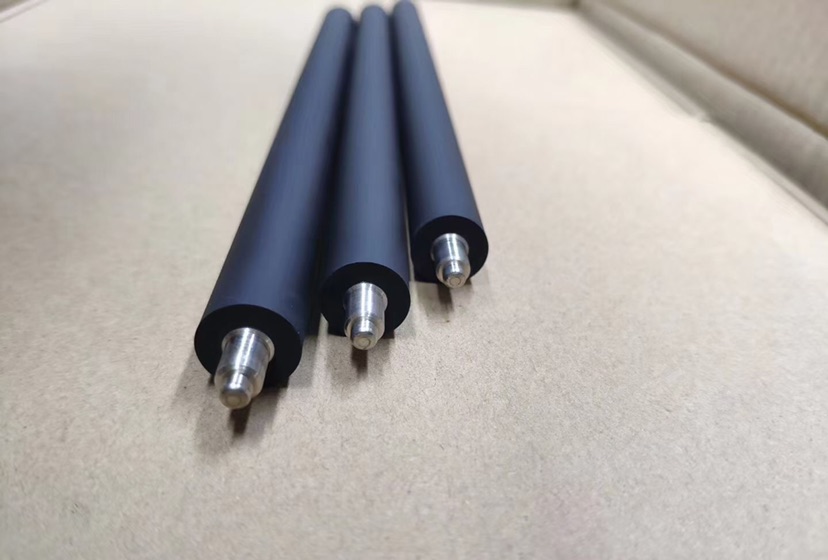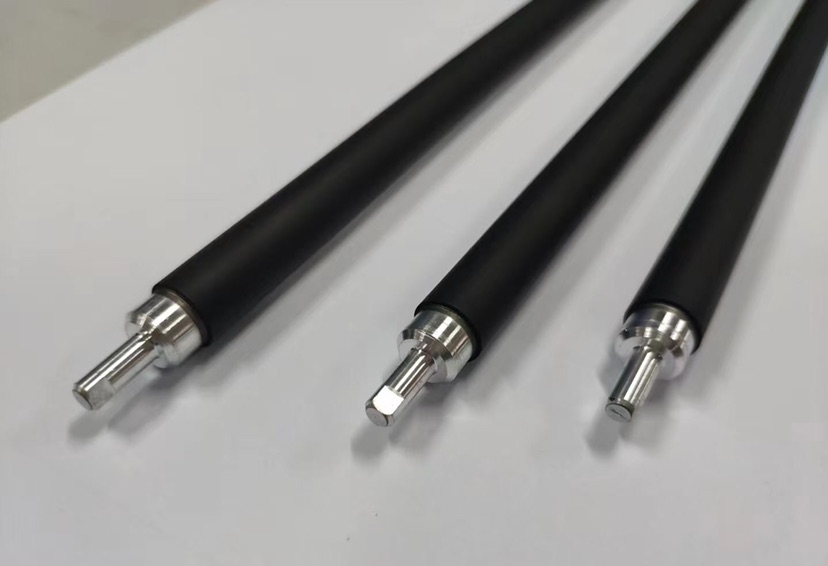Toner cartridges are a vital component of laser printers. They are responsible for producing high-quality prints. Compatible toner cartridges have become popular as a cheaper alternative to OEM cartridges.
However, concerns about the quality and reliability of compatible cartridges persist. To address these concerns, various components of compatible toner cartridges are tested. Including toner quality, drum unit performance, and chip functionality. Compatible toner cartridge manufacturer tests confirm the toner cartridge’s quality before the final packaging.
This article will explore the component tests compatible toner cartridges undergo. By the end of this article, you will understand the importance of component testing in producing compatible toner cartridges.
What is Compatible Toner Cartridge Component Tests?
Compatible toner cartridge Component tests are a series of tests performed on the various components of a toner cartridge during production. These tests ensure that compatible toner cartridges meet specific performance and quality standards. And are also compatible with a wide range of printers. The tested components include the following:
- Toner quality
- Photoconductor
- Primary Charge Roller (PCR)
- Developer Roller (DR)
- Empty toner cartridge
- The drum unit
- The chip functionality
- Environmental and Safety tests
Let us look at these toner cartridge component tests in detail.
Toner Quality
Toners comprise polymer compounds, pigments, waxes, and charge control agents with nano-sized additives. Toner quality testing includes evaluating melt performance and determining particle size and distribution. As well as evaluating particle surface morphology.
The toner quality test ensures that the powder produces sharp and clear prints.
The toner is tested for consistency in size and its ability to fuse with the paper. The toner particles are also tested to withstand high temperatures and pressures without melting or clumping together. A sample page is printed and examined for smudging or streaking during toner quality tests.
Drum Unit
The drum unit is an important part of the toner cartridge. It transfers the toner image onto paper during printing. The drum unit performance test ensures that the photoconductor, PCR, and DR work together.
The drum unit is subjected to high temperatures and pressures during printing. So it must be tested for its ability to withstand these conditions. The drum unit performance test also checks whether the image is properly transferred onto the paper.
One way to test the drum unit’s performance is to print a sample page and examine it for defects. This test helps identify drum unit issues, such as poor image transfer, streaking, or smudging. The quality of prints can be improved by performing the drum unit performance test. This ensures that any potential issues are addressed before they cause further problems.
Chip Functionality
The chip is a small electronic component in toner cartridges. It communicates with the printer to provide information about the toner level and other important details. The chip functionality test ensures that the chip can communicate with various printers. And provide accurate information about the toner cartridge.
The chip is checked during the test to ensure it reports the toner level and other relevant information to the printer. This helps ensure that the printer can display information about the toner level. And that the user can replace the cartridge on time.
One way to test the chip functionality is to install the toner cartridge in various printers. And then measure the accuracy of the information provided by the chip. This test helps identify potential compatibility issues in the chip’s data. The chip functionality test improves the toner cartridge’s performance and addresses potential issues before packaging.
Photoconductor
The photoconductor is an important part of a printer cartridge. It helps to transfer images onto paper. It is tested for its durability to ensure it is strong and can handle the heat and pressure involved in the printing process. This means it is exposed to high temperatures and pressures to see if it can hold up without showing signs of damage.
The photoconductor is also tested for its ability to transfer the image from the laser onto the paper.
Furthermore, photoconductors are tested for their electrical properties. These properties include the following:
- Charge acceptance
- Capacitance
- Dielectric thickness
- Dark decay
- Photosensitivity
- Charge mobility
These tests are used to determine the effectiveness of the photoconductor in capturing and transferring the image onto the paper.
The most commonly used method for examining photoconductors for defects is a visual inspection. However, this method can be subjective and inconsistent. so manufacturers use electrostatic mapping to batch-check production for defects. The photoconductor is also subjected to varying environmental conditions. This ensures it performs within limits defined by the OEM.
Photoconductors play a crucial role in the printing process. And their performance is critical to the quality of the final product. As such, rigorous testing is essential to ensuring that photoconductors are of the highest quality.
Primary Charge Roller (PCR)

The PCR is an important component of a toner cartridge. It is responsible for charging the photoconductor. The PCR must maintain a consistent charge during printing to ensure the toner is applied to the photoconductor.
PCR testing is done to verify its ability to hold and maintain a charge for a specific time. This involves charging the PCR and measuring the charge maintained over a certain period. The test is done under different environmental conditions to ensure the PCR can maintain a consistent charge.
Durability testing is also important for PCR to ensure it can withstand wear and tear over time. The PCR is subjected to different pressure levels over a certain period. This ensures that the PCR can maintain its functionality even after exposure to harsh printing conditions.
Furthermore, the PCR is tested for its ability to clean the photoconductor. After the toner is applied to the photoconductor, the PCR must remove any excess toner to prevent smudging and other print defects. The PCR is tested to ensure it can clean the photoconductor without leaving residue behind.
Another important factor in PCR testing is ensuring the roller is properly installed and aligned. If the PCR is not installed properly, it can cause uneven toner application.
So during PCR testing, the alignment and installation are checked to ensure the roller is in the correct position.
PCR testing ensures that the printing process runs smoothly and produces high-quality prints.
Developer Roller (DR)

The DR applies the toner onto the photoconductor consistently and evenly. The DR is tested for its ability to transfer the toner evenly onto the photoconductor. It is also tested for its durability and ability to withstand wear and tear during printing.
The DR is a critical component in the printing process and needs to be carefully tested. To test the DR, manufacturers will often use a device that applies a consistent amount of toner to the DR. And then measures the amount of toner transferred to the photoconductor. This test helps to ensure that the DR is applying the right amount of toner to the photoconductor.
Manufacturers also test the DR for its ability to withstand wear and tear over time. This is critical for ensuring that the DR can continue to function throughout the life of the cartridge.
Empty Toner Cartridge
An empty toner cartridge is also called an empty shell. An empty shell has more than 20 parts, like Gears, Springs, Screws, Cleaning Blades, Sealing Blades, Recovery Blades, Toner Adder Rollers, Drum Shutters, Seals, Bushes, Felts, Bearings, etc. The compatible toner cartridge manufacturers test it to make sure no leakage.
Environmental and Safety Tests
This test ensures the toner cartridge meets specific safety and environmental standards. The cartridge is tested for harmful chemicals and compliance with environmental regulations.
The test also evaluates the cartridge’s ability to operate within various environmental conditions. For example, the cartridge may be exposed to extreme temperatures. This ensures it can withstand harsh conditions without leaking or causing other hazards.
The environmental and safety test also checks if the cartridge complies with regulations such as:
- Restriction of Hazardous Substances (RoHS).
- Registration, Evaluation, Authorization, and Restriction of Chemicals (REACH).
They restrict the use of harmful substances in electronic and electrical equipment.
The environmental and safety test also verifies that the cartridge can be disposed of or recycled. This test is important to ensure that the production and use of toner cartridges are safe for both the users and the environment.
What is the Importance of Compatible Toner Cartridge Component Tests?
- Component testing ensures that the toner cartridges meet required quality and performance standards.
- It ensures that the cartridges work with different printer models and brands.
- Component testing ensures manufacturers use materials that are not harmful to the user and the environment.
- Testing cartridges’ components validate that they meet quality and performance standards. This makes the manufacturer a more trustworthy and reliable supplier of compatible cartridges.
- Component tests are important for the growth of the compatible toner cartridge industry. It ensures people have access to high-quality, affordable printing solutions.
Conclusion.
The importance of compatible toner cartridge component tests cannot be overlooked. It ensures that the cartridge meets industry standards for quality and performance. It also enhances customer trust and loyalty. Without proper testing, there can be potential risks. For example, poor print quality, environmental harm, safety concerns, and printer damage.
So, it is important you choose a reliable and trustworthy supplier that conducts thorough component testing.
At Ikalor, as a leading compatible toner cartridge manufacturer, our top priority is our commitment to quality and customer satisfaction. We perform rigorous testing procedures and use high-quality materials in our production. This results in a superior product that provides premium print quality and reliability. So contact us today for all your compatible toner cartridges and experience the difference in performance and value.
